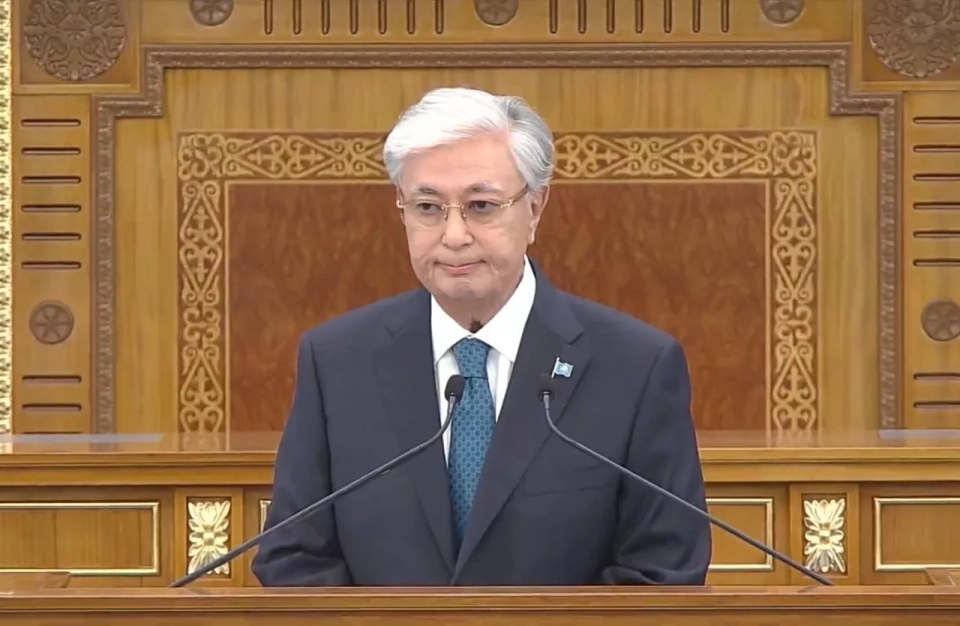Why is the President of Kazakhstan Strengthening Parliament and Purging His Inner Circle?
The discussion about the transit of power in Kazakhstan has become more active, despite the fact that there is still a lot of time left until Tokayev's presidential term ends. This was triggered by his proposal to abolish the Senate and strengthen the Mazhilis. Many saw this as a signal that Tokayev, after leaving the presidency, could take on a key role in the new parliament to maintain his influence over the country.
However, it is unclear who might become his successor. All potential candidates, as soon as they start being perceived as possible successors, face removal—likely to avoid premature discussions about the transit.
In his Address to the People of Kazakhstan on September 8, 2025, Tokayev proposed to hold a referendum in 2027 on transitioning to a unicameral parliament. The goal is to strengthen legislative power and reduce the super-presidential system, which he identified as a priority after the January 2022 protests caused by public fatigue with Nazarbayev's long rule.
The proposal to abolish the Senate came as a surprise, as Tokayev himself had held the position of its chairman for nearly ten years, and in 2019 he became president from that position. The Senate speaker, according to the constitution, holds the second position in the state and can perform the duties of the president in case of his incapacitation.
Nevertheless, Tokayev indicated that the Senate had fulfilled its historical role by maintaining a balance between regions in the early years of independence. Now, according to him, Kazakhstan has become a stable unitary state, and the interests of various regions are sufficiently represented in the Mazhilis.
Kazakhstan's society received the proposal to abolish the Senate calmly. This chamber was not respected and rarely opposed the president or the government, serving as a tool for implementing their will. Nursultan Nazarbayev, the first president, received the title of Elbasy with its help, which ensured him immunity and influence even after leaving office.
Most of the restrictions associated with the title of Elbasy were lifted under Tokayev, and after the 2022 protests, the Senate began to be perceived as an anachronism. The abolition of the chamber seems a logical step in the context of dismantling the old system and weakening the influence of regional elites, which could pose a threat to Tokayev's power.
The situation with strengthening the Mazhilis is more complex. Officially, it is presented as a step towards democratization, but the real goal may be different. Tokayev proposes elections for deputies based on party lists, which he believes should develop the party system. However, all registered parties are controlled by the authorities, and this restriction on the participation of independent candidates will only increase the parliament's dependence on the executive power.
Reform Under Control
The Mazhilis could actually strengthen if Tokayev, after completing his presidential term in 2029, heads it and begins to expand its influence. Many Kazakhstanis interpret this proposal as preparation for the transit of power, as Tokayev must leave office according to constitutional amendments.
This scenario is not new: a similar approach was taken by former Turkmen president Berdymukhamedov, who, after transferring power to his son, headed the parliament himself and restored his influence. This would allow Tokayev to avoid the mistakes made during Nazarbayev's transit and concentrate power not around specific figures, but around institutions. However, there is still a lot of time until 2029, and the situation in the country may change.
The history of previous power transitions shows that even well-thought-out plans can collapse. Nazarbayev, by appointing Tokayev as his successor, hoped to maintain influence, but the protests of 2022 dashed those plans.
Nevertheless, Tokayev could change the constitution and seek a new presidential term, considering that his control over the political system has strengthened. Increased pressure on journalists, arrests of activists and opposition figures, refusals to register independent parties—all of this indicates that the president, despite his image as a reformer, is not inclined towards real liberalization.
However, such an approach contradicts Tokayev's image as a moderate and rational leader who does not cling to power and is ready to leave when the time comes. The principle of a single seven-year term has become a symbol of his break with the era of Nazarbayev, and revising it would appear as a rejection of the concept of a "New Kazakhstan."
Cleaning Up Successors
Nevertheless, with Tokayev's departure from office, the question of a successor inevitably arises. To avoid premature speculation and the emergence of alternative centers of influence, Tokayev conducts regular purges within his circle.
One of the most high-profile cases was the recent dismissal of Murat Nurtleu, the Deputy Prime Minister and Minister of Foreign Affairs, who was a close associate of Tokayev. Their cooperation began back in the 2000s when Tokayev headed the Ministry of Foreign Affairs. Later, Nurtleu became his assistant and then the Minister of Foreign Affairs.
It was said that Nurtleu could become Tokayev's successor, and his unexpected dismissal came as a shock. Various versions of the reasons for his dismissal have circulated—from involvement in illegal schemes to complicity in the murder of a journalist. Although these accusations were not officially confirmed, they intensified his departure. Formally, Nurtleu remained within the system, but it resembles more of an honorary exile.
Despite the oddity of the rumors about Nurtleu, it is clear that his removal aimed to reduce tension within the system and prevent discussions about succession. This dismissal is part of a series of similar actions, as Tokayev has replaced the Minister of Defense, several advisors, and regional akims over the past year.
All of this indicates that Tokayev seeks to approach 2029 without the emergence of new centers of influence. Perhaps he genuinely wants to reduce the system's dependence on specific individuals. However, the methods he employs retain all the shortcomings of Kazakhstani authoritarianism: changes remain opaque and imposed, complicating real public discussion and limiting independent political activity. In such conditions, democratic renewal is unlikely: a system accustomed to a vertical power structure is more likely to continue reproducing old schemes, where decisive roles are played not by institutions, but by specific individuals.
Read also:
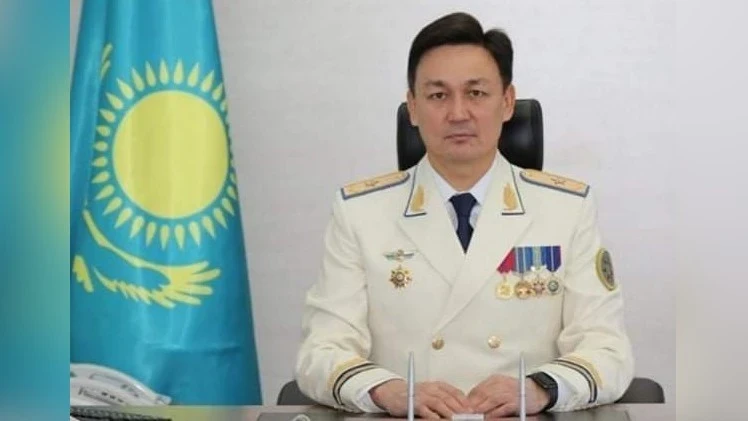
Tokaev appointed Marat Irmenov as Deputy Chairman of the National Security Committee of Kazakhstan
For the past year, this position was held by Kanatay Dalmataov, who was relieved of his duties by...
A Law on Artificial Intelligence Adopted in Kazakhstan
On October 29, it became known that the Mazhilis of Kazakhstan approved amendments to the draft law...
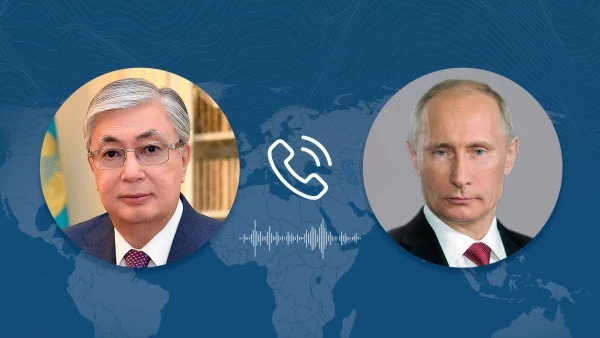
Tokaev and Putin discussed the state visit of the President of Kazakhstan to Russia, which will take place on November 12.
During the discussion between the heads of state, attention was focused on the preparations for...
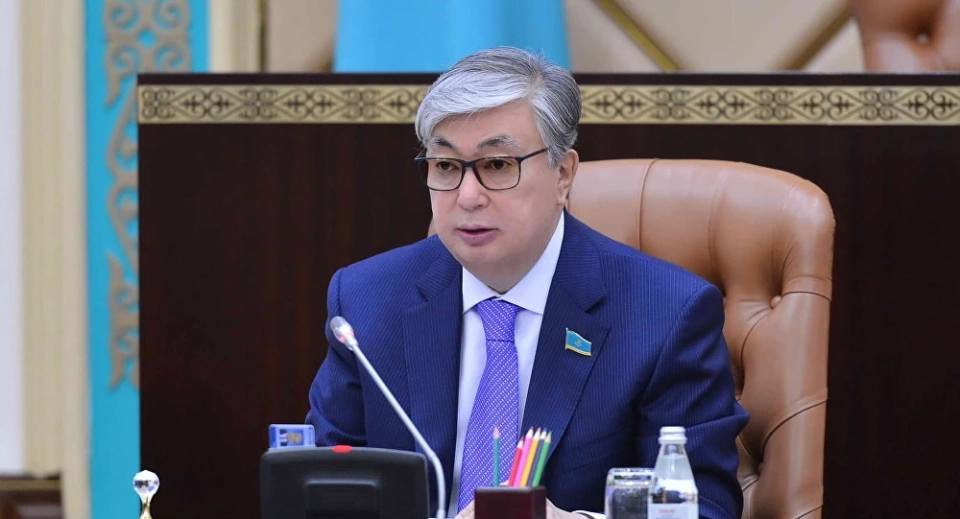
Why are ministers and other officials in Kazakhstan dismissed after a year of work or less?
The dismissals with the wording "released from office by presidential decree" have...
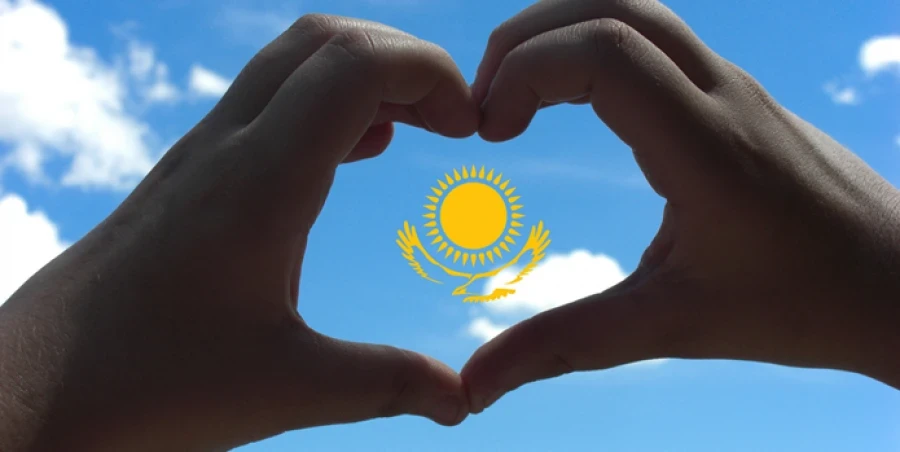
Republic Day in Kazakhstan: The History of an Important Holiday
Kazakhstan has achieved significant progress since gaining independence Kazakhstan celebrates its...
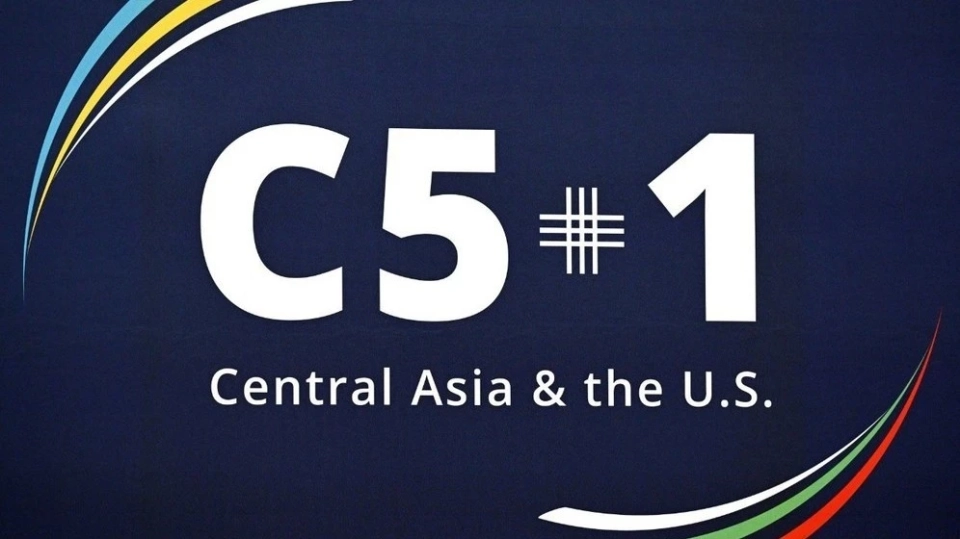
Trump invited the leaders of Central Asian countries to the C5+1 summit in early November
The press service of the President of Kazakhstan reported that Kassym-Jomart Tokayev expressed...
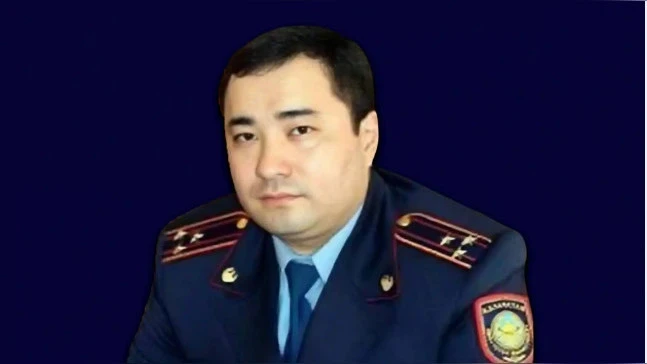
The Prosecutor General's Office of Kazakhstan will once again check the assets of Nazarbayev's nephew.
Nurbul Nazarbayev The Prosecutor General's Office of Kazakhstan has initiated a check of the...
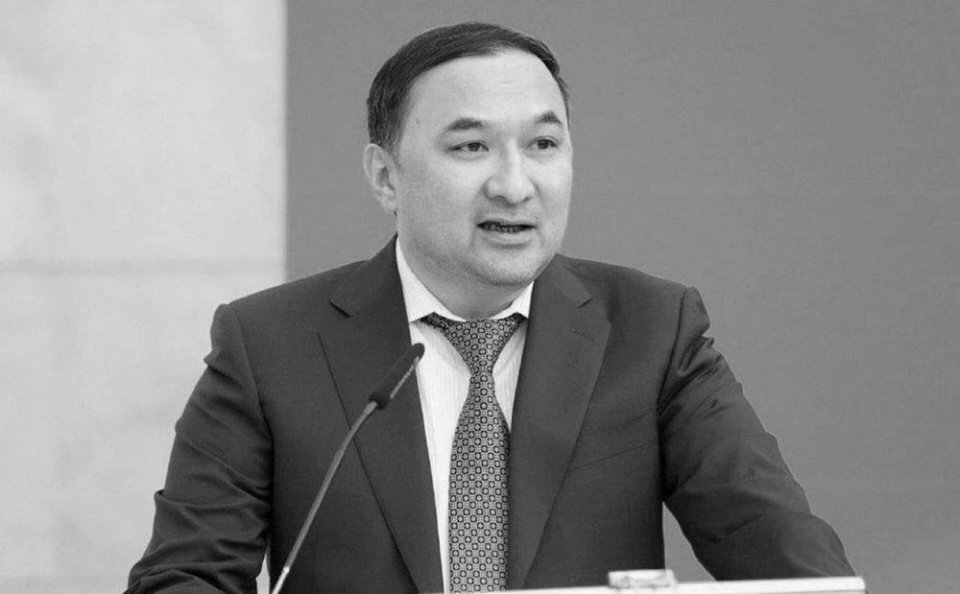
Former advisor to the President of Kazakhstan killed during a fight in Astana
Yerzhan Babakumarov Yerzhan Babakumarov, who was 56 years old, got into a conflict with a...
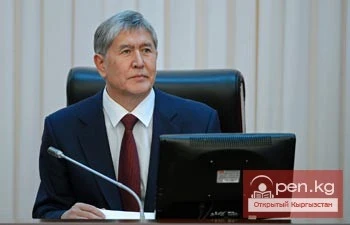
Kyrgyzstan: Presidential or Parliamentary Republic?
A couple of weeks ago, while addressing the deputies and newly sworn-in members of the government,...
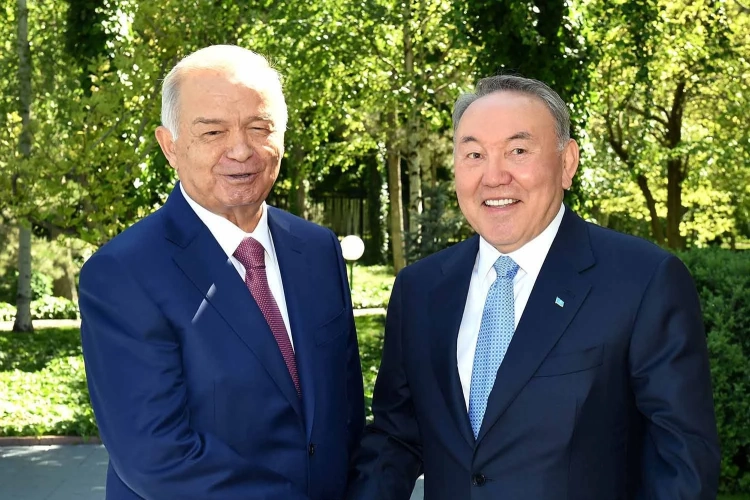
From Praise to Overthrow: How the "Fathers of the Nation" Are Forgotten in Central Asia
html The phenomenon of the cult of personality in Central Asia has been forming for many years,...
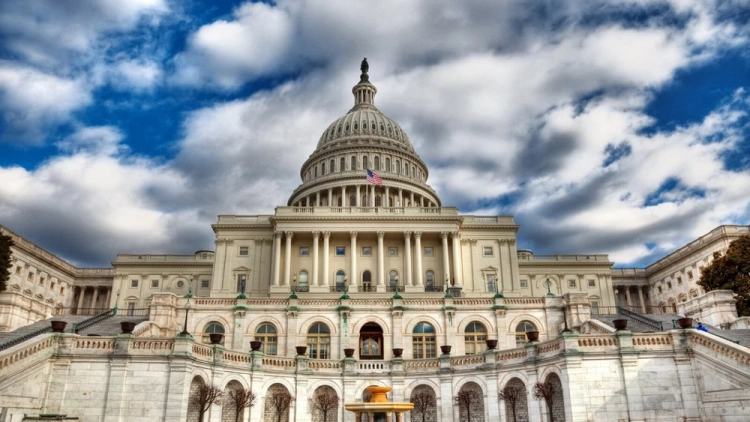
U.S. Senate Fails to Pass Shutdown Prevention Bill for the 12th Time
The attempt by the U.S. Senate to approve a bill that would allow the government shutdown to end...
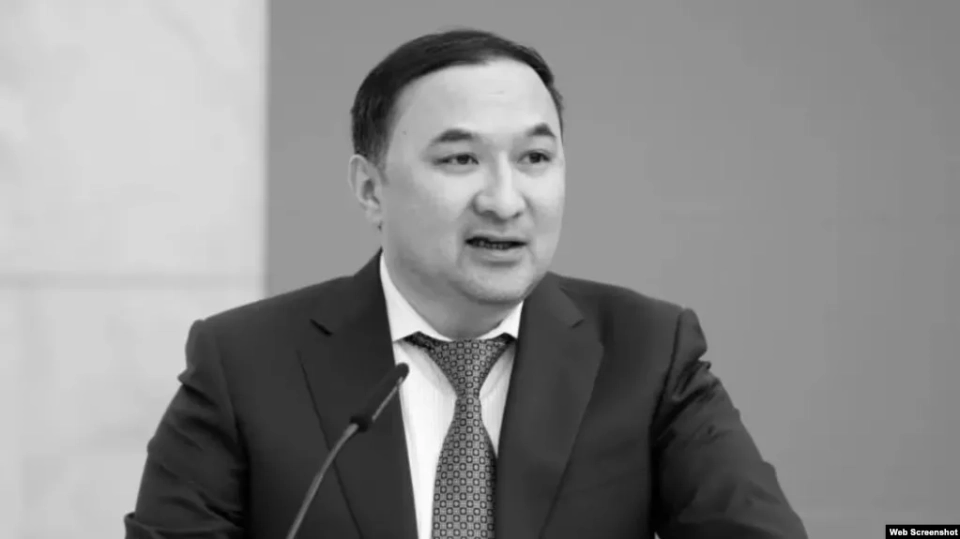
Former advisor to Tokayev killed during a fight in Astana
In Astana, on the night of October 30, Yerzhan Babakumarov, who previously held high positions in...
Nurlan Zakirov Appointed Vice Mayor of the City of Osh
Nurlan Zakirov has become the new deputy mayor of Osh. According to information from the city...
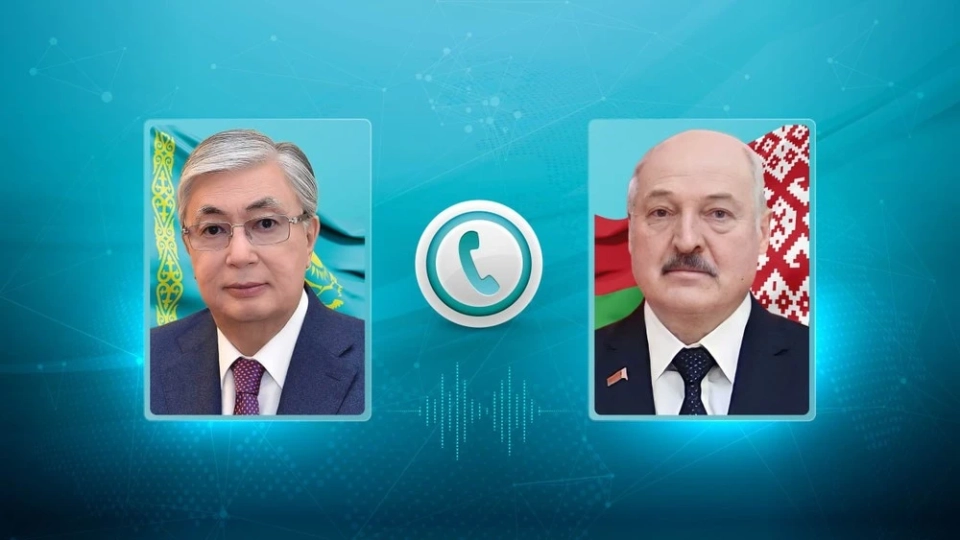
Tokayev spoke on the phone with Lukashenko
During the conversation, according to the press service, the leaders discussed the current state...
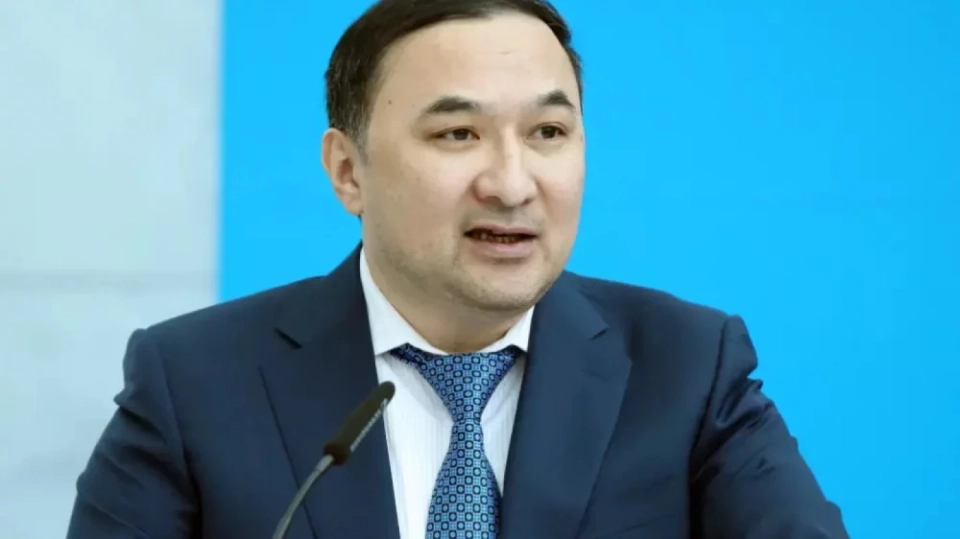
Former advisor to the President of Kazakhstan killed in a fight
Erzhan Babakumarov. Photo courtesy of the press service of the Prime Minister of Kazakhstan....
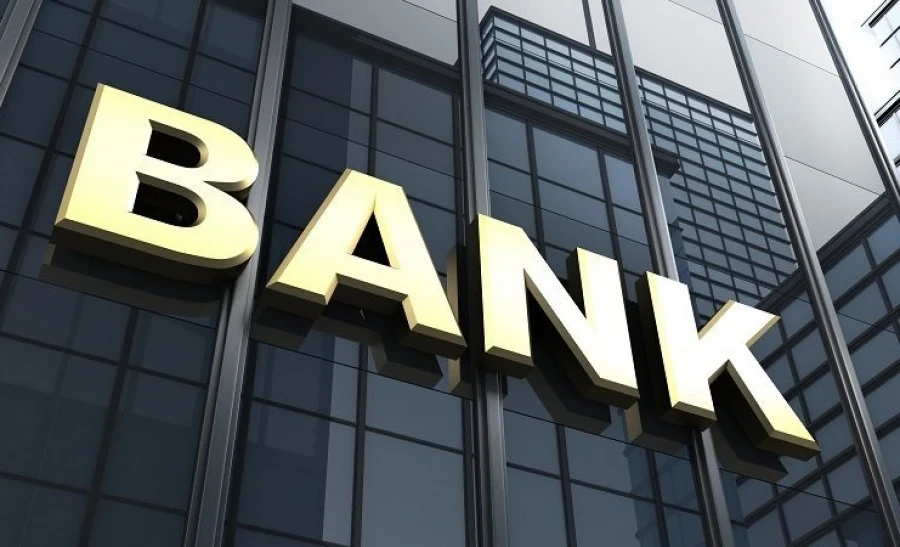
The youngest son of Sadyr Japarov became a co-founder of a new bank.
The bank is also co-founded by the former speaker of the Jogorku Kenesh. The new bank of...
Putin's Special Representative: Russia and Ukraine Are Close to Ending the War
Kirill Dmitriev, who holds the position of special representative of the President of Russia, noted...

In Kazakhstan, there will be penalties for creating deepfakes
A law regulating artificial intelligence has been adopted in Kazakhstan The legislative body of...
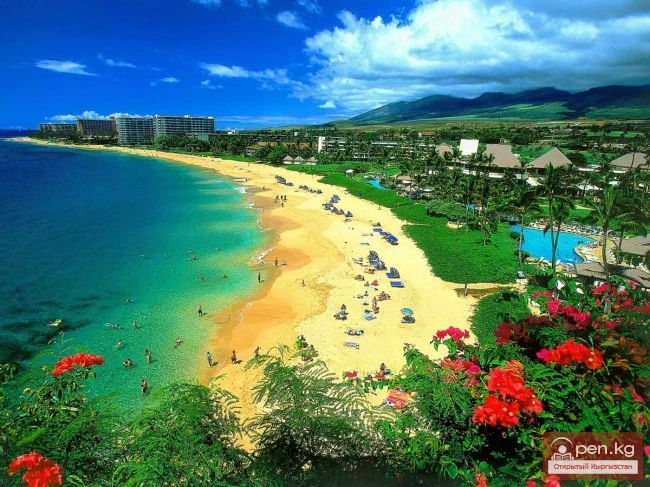
Haiti. Republic of Haiti
Haiti. Republic of Haiti The state occupies the western part of the island of Haiti (in the group...
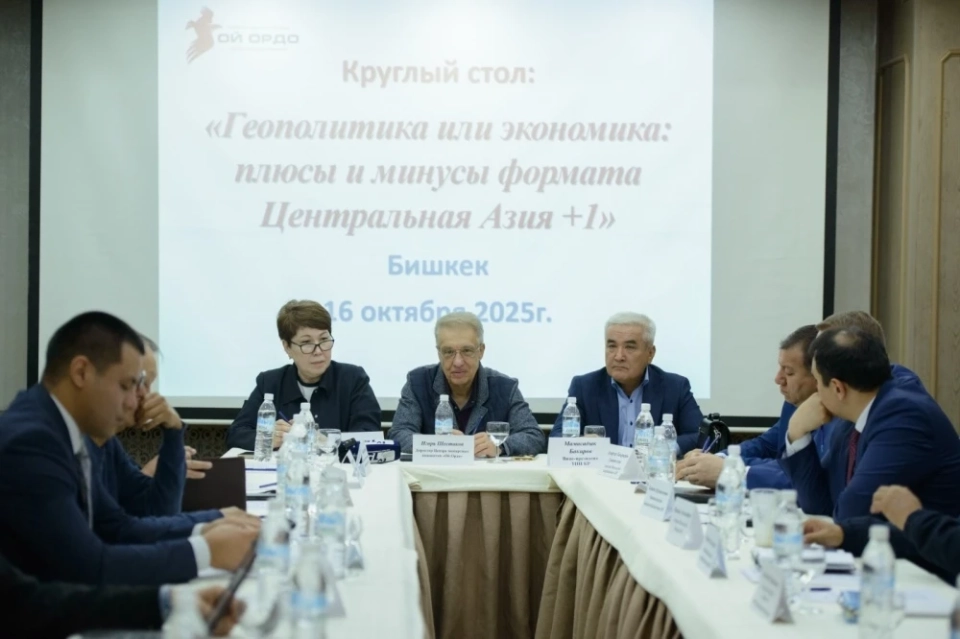
"The work on the creation of the Central Asian Union has been ongoing for many years"
The growing interest in Central Asia, especially from leading countries, has become noticeable in...
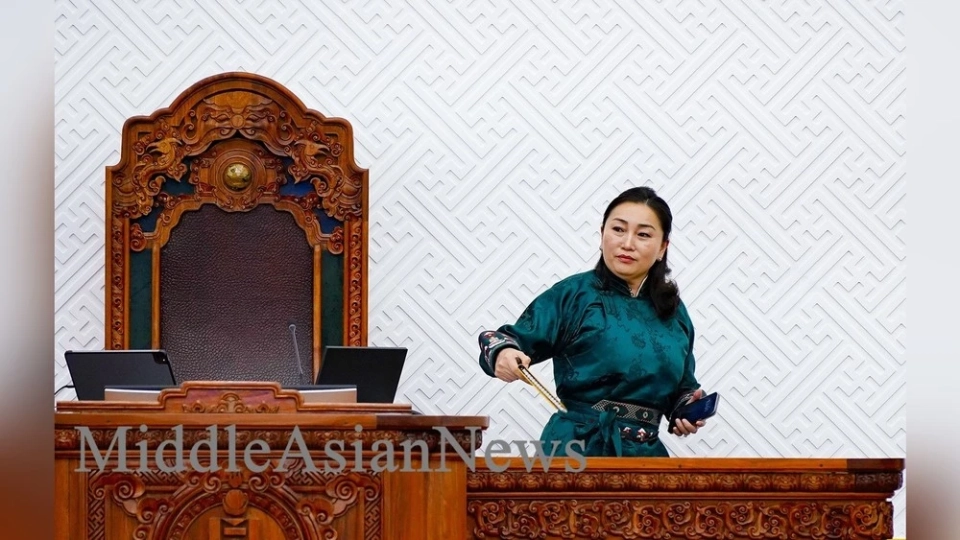
The Vice-Speaker of the Parliament Bulgan Tuya may be stripped of her mandate at the initiative of the Democratic Party faction.
Bulgan Tuya Khurelbaatar On October 22, the Constitutional Court issued a ruling stating that the...
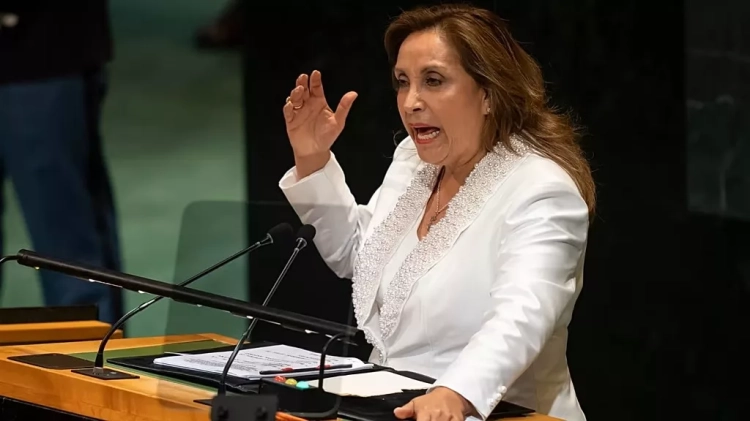
"‘Moral Incapacity’: The President of Peru Has Been Impeached, the Chairman of Congress Has Taken the Oath as Head of State"
The impeachment process was initiated after discussions of several proposals to remove Boluarte...
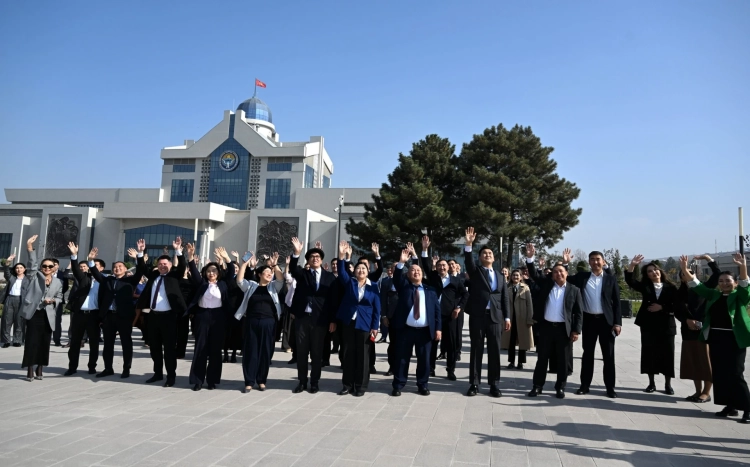
In the President's Administration, an event "23 Minutes in Support of the Snow Leopard" took place.
In honor of International Snow Leopard Day, an event called "23 Minutes in Support of the...
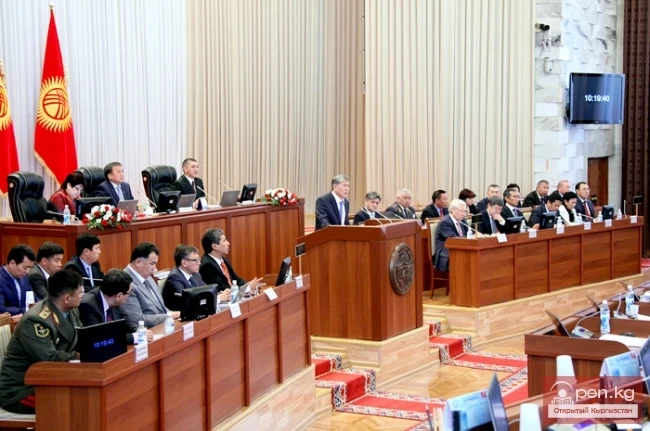
The Institute of the Presidency in Kyrgyzstan
The Institute of the Presidency in the Kyrgyz Republic Since 1991, the institute of the presidency...
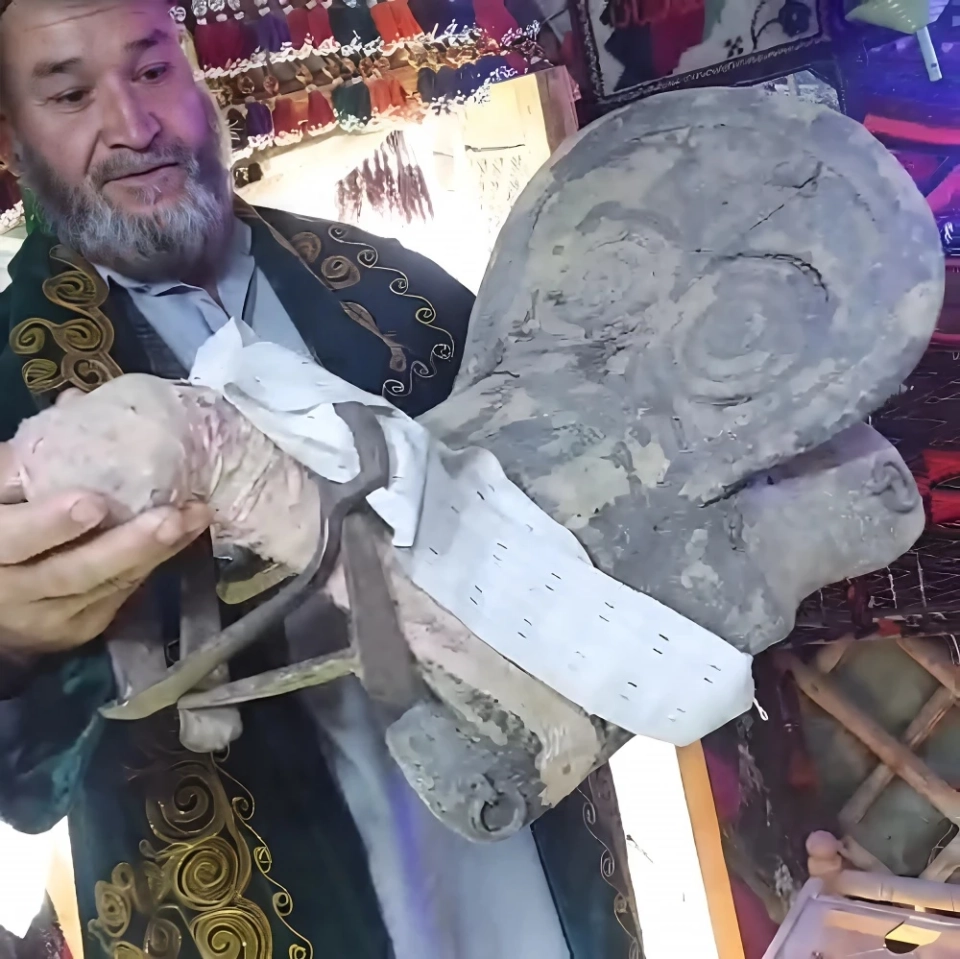
Afghan Kazakhs ask Tokayev to save them and return to their historical homeland
Orda.kz reported last year on the difficult living conditions of Kazakhs in Afghanistan and their...
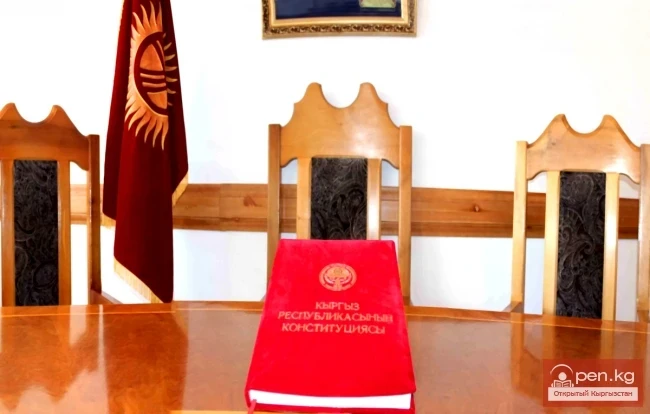
Strengthening the New State. The Constitution of Kyrgyzstan
Adoption of the New Constitution With the acquisition of independence, the renewal of the state...
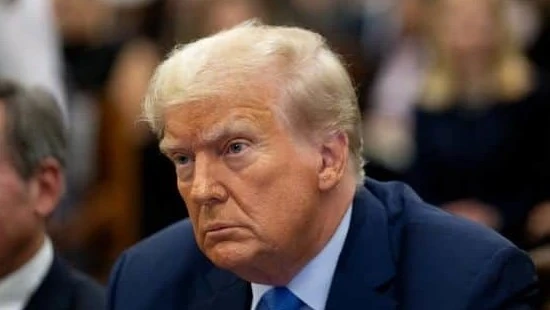
Trump instructed the Pentagon to immediately begin nuclear weapons testing
Trump explained that this decision was prompted by tests conducted by other countries. He noted...
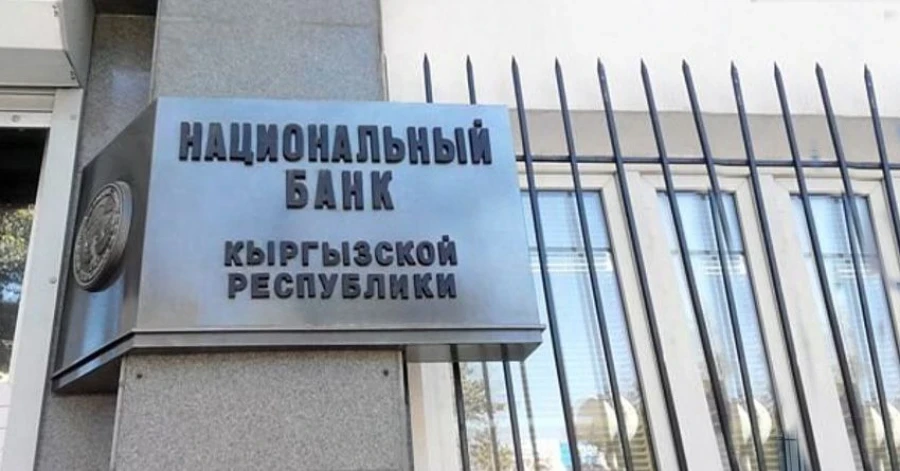
New Board Member at the National Bank of the Kyrgyz Republic - Sanjar Abdygaziev
The decree was signed by Sadyr Japarov There has been a change in the leadership of the National...
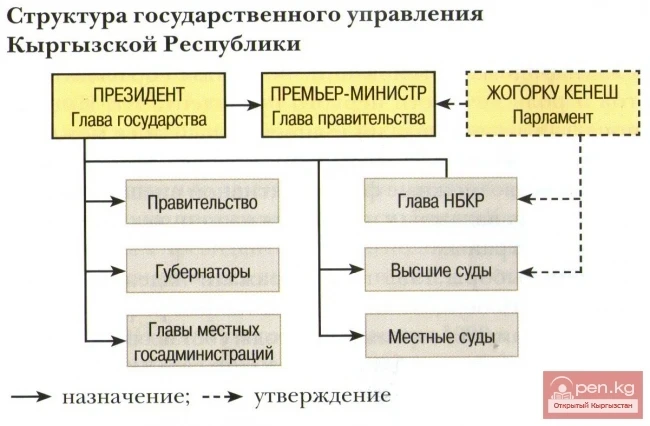
Structure of State Governance of the Kyrgyz Republic
Kyrgyzstan transformed from a part of a federal state (the USSR) into a sovereign, unitary,...
Latvia Withdraws from the Istanbul Convention on Combating Violence Against Women
After more than 13 hours of discussions, the majority of members of the Saeima of Latvia voted in...
The father of Akjol Makhmudov criticized the new coach of the Kyrgyzstan national team.
Muhamed Mahmudov, the father of the famous Kyrgyz wrestler Akzhol Mahmudov, expressed his...
Sadyr Japarov criticized the Minister of Energy for the "Unlimited Tariff"
Sadyr Japarov expressed his dissatisfaction with the actions of the Minister of Energy of...
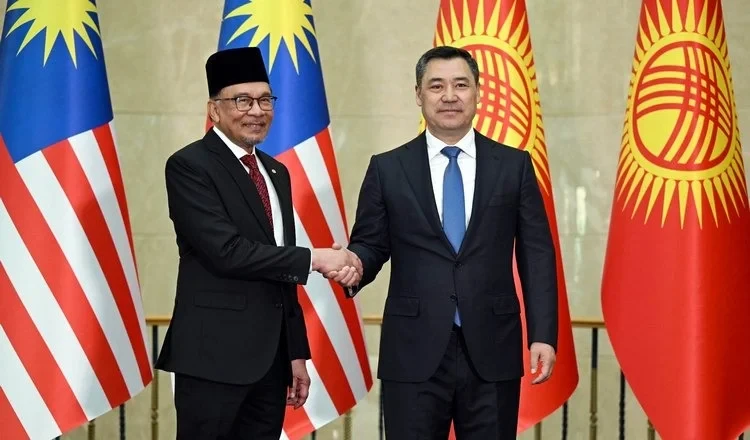
Deputy Speaker of the Malaysian Parliament: Unveiling Central Asia
On September 25, 2025, the Kyrgyz Republic made an important decision to self-dissolve the Jogorku...
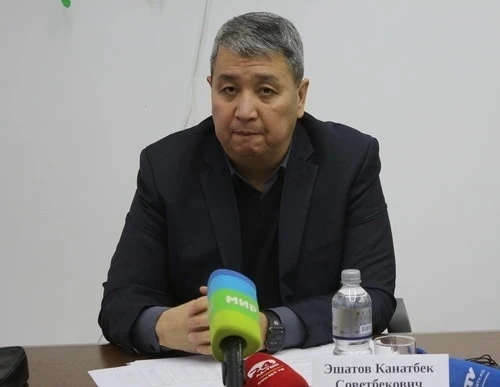
Interview with the President of the Association of Oil Traders of the Kyrgyz Republic on the Situation in the Fuel Market
In an interview with the President of the Association of Oil Traders of the Kyrgyz Republic,...
The father of Akzhol Makhmudov believes that Uluk Karacholokov is unworthy of being the head coach of the Kyrgyzstan national team.
Muhamed Mahmudov, the father of Greco-Roman wrestler Akzhol Mahmudov, expressed his dissatisfaction...
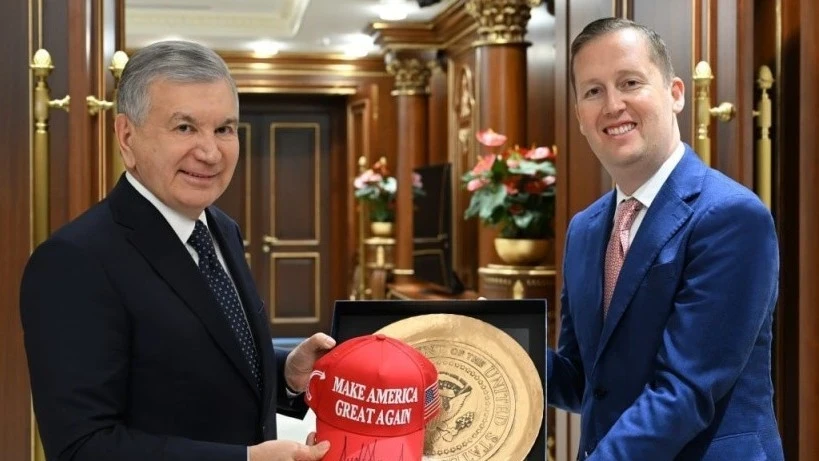
The President of Uzbekistan discussed the agenda of the "C5+1" summit with Trump's special envoy.
The President of Uzbekistan, Shavkat Mirziyoyev, held a meeting with a delegation from the United...

Independence Day of Kazakhstan in Kyrgyzstan!
Kyrgyzstan is known as a multinational state where numerous ethnic groups live together in harmony....
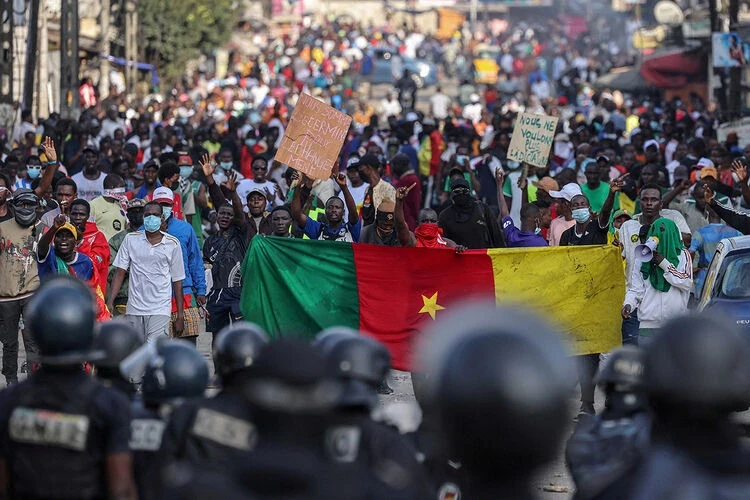
Revolution Begins in Cameroon After President's Reelection for Eighth Term
Photo from the internet Protests have swept across Cameroon following the announcement of the...
The U.S. Sent an Aircraft Carrier to Latin America to Fight Drug Cartels
According to a statement from Pentagon spokesperson Sean Parnell, Defense Secretary Pete Hegset has...
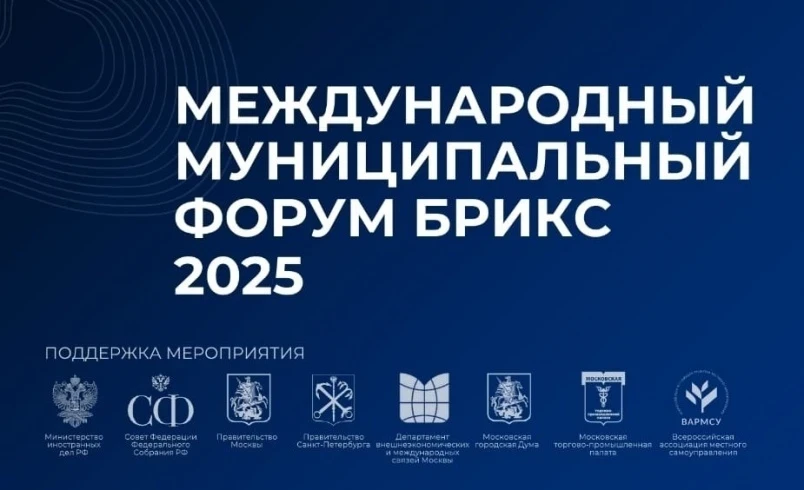
BRICS IMF: A Platform for the Cities of the New World - from Kazan to Bishkek
In the context of rapid urban growth and new technological challenges, as well as changing global...
Media: Maduro Asked Russia and China for Military Assistance Due to US Pressure
According to information published by The Washington Post, Nicolás Maduro, the president of...
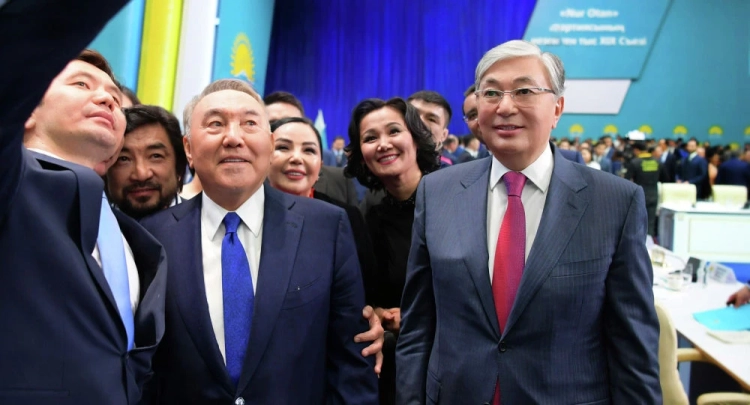
What are the differences between the elites of Nazarbayev and Tokayev?
For many years, especially during Nazarbayev's rule, the authorities were criticized for...
The CEC refused to register Karimov as a candidate due to religious activities
The Central Election Commission (CEC) rejected the registration of Gulsara Omorbekovna Karimova,...

Turkey replaces Russian oil with Kazakh oil
The largest oil refineries in Turkey are reducing their purchases of Russian raw materials due to...
